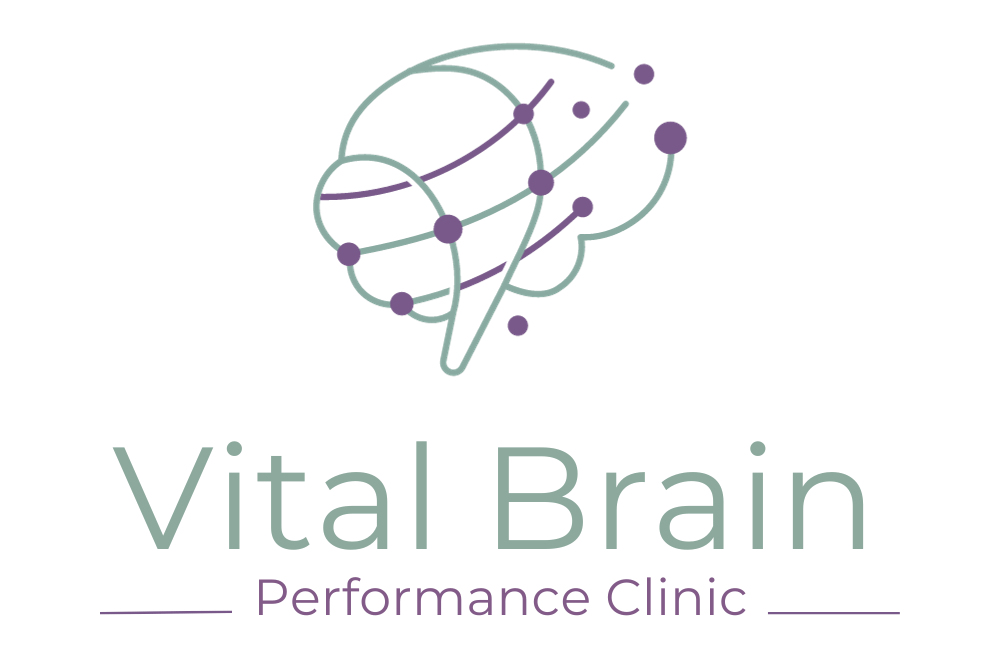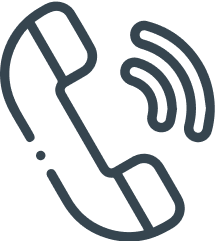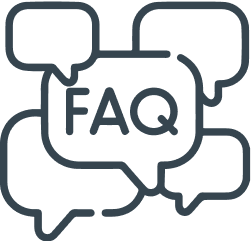Living with depression can feel isolating and overwhelming. While traditional talk therapy remains a cornerstone of depression treatment, it’s important to remember that it’s not the only option available. A diverse range of innovative and effective depression therapy alternatives are emerging, empowering individuals to find the approach that best resonates with them and complements their unique needs.
Beyond Talk Therapy: A Spectrum of Non-Traditional Depression Treatments

If traditional therapy hasn’t yielded the desired results, or if you’re seeking a more holistic approach, several non-traditional options can be explored. Here are a few examples:
- Mindfulness and Meditation: These practices cultivate present-moment awareness and emotional regulation, offering valuable tools for managing depressive symptoms.
- Exercise and Movement: Physical activity is a powerful tool for boosting mood, reducing stress, and promoting overall well-being.
- Nutritional Therapy: Research suggests specific dietary patterns can positively impact mood and support brain health.
- Art Therapy and Expressive Practices: Engaging in creative expression can provide an outlet for emotions and offer unique insights into your inner world.
From Brain Waves to Brain Training: Depression Therapy Alternatives
Technology is also making strides in the field of mental health, offering innovative options for depression therapy alternatives:
- Neurofeedback: This technique uses real-time brainwave monitoring to teach individuals how to self-regulate their brain activity, potentially alleviating depressive symptoms.
- Brainmapping: This technology creates a visual representation of brain function, allowing for a more personalized understanding of depression’s underlying mechanisms and guiding treatment decisions.
It’s important to remember that not all alternative therapies are created equal. It’s crucial to consult with a licensed mental health professional to discuss your unique needs and explore the most suitable options for you. They can help you determine if an alternative approach is right for you, guide you in finding qualified practitioners, and monitor your progress.
While seeking professional help is crucial, your own efforts play a significant role in managing depression. Here are some tips for promoting overall well-being:
- Prioritize sleep: Aim for 7-8 hours of quality sleep each night, as sleep disturbances are closely linked to depression.
- Practice self-care: Engage in activities you find enjoyable and relaxing, such as spending time in nature, connecting with loved ones, or pursuing hobbies.
- Challenge negative thoughts: Identify distorted thinking patterns and actively challenge them with more realistic and empowering perspectives.
- Build a support system: Surround yourself with positive and supportive individuals who can offer encouragement and understanding.
Know that you are not alone in this journey. With an open mind, a willingness to explore options, and a commitment to self-care, you can discover depression therapy alternatives that empower you to reclaim your well-being.




